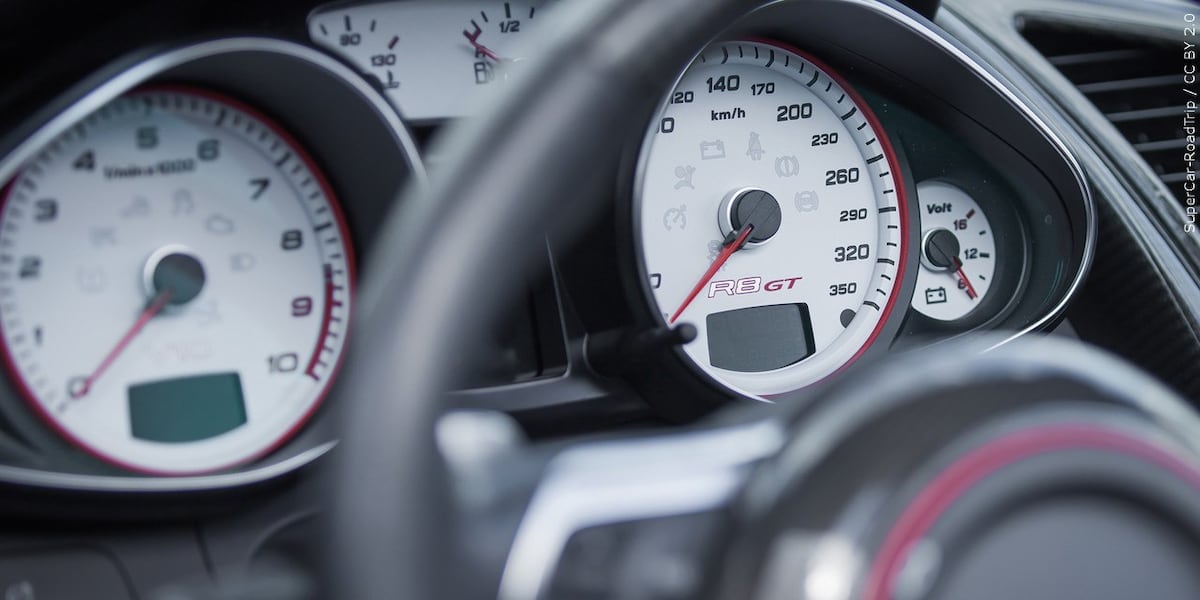
Man accused of selling car on Facebook with odometer, title illegally tampered with
- 18.03.2025 18:14
- wcjb.com
- Keywords: fraud, illegal activities
A man in Nevada sold a car with a tampered odometer and title on Facebook Marketplace for $4,500, claiming lower mileage. He faces felony charges including odometer tampering and forgery.